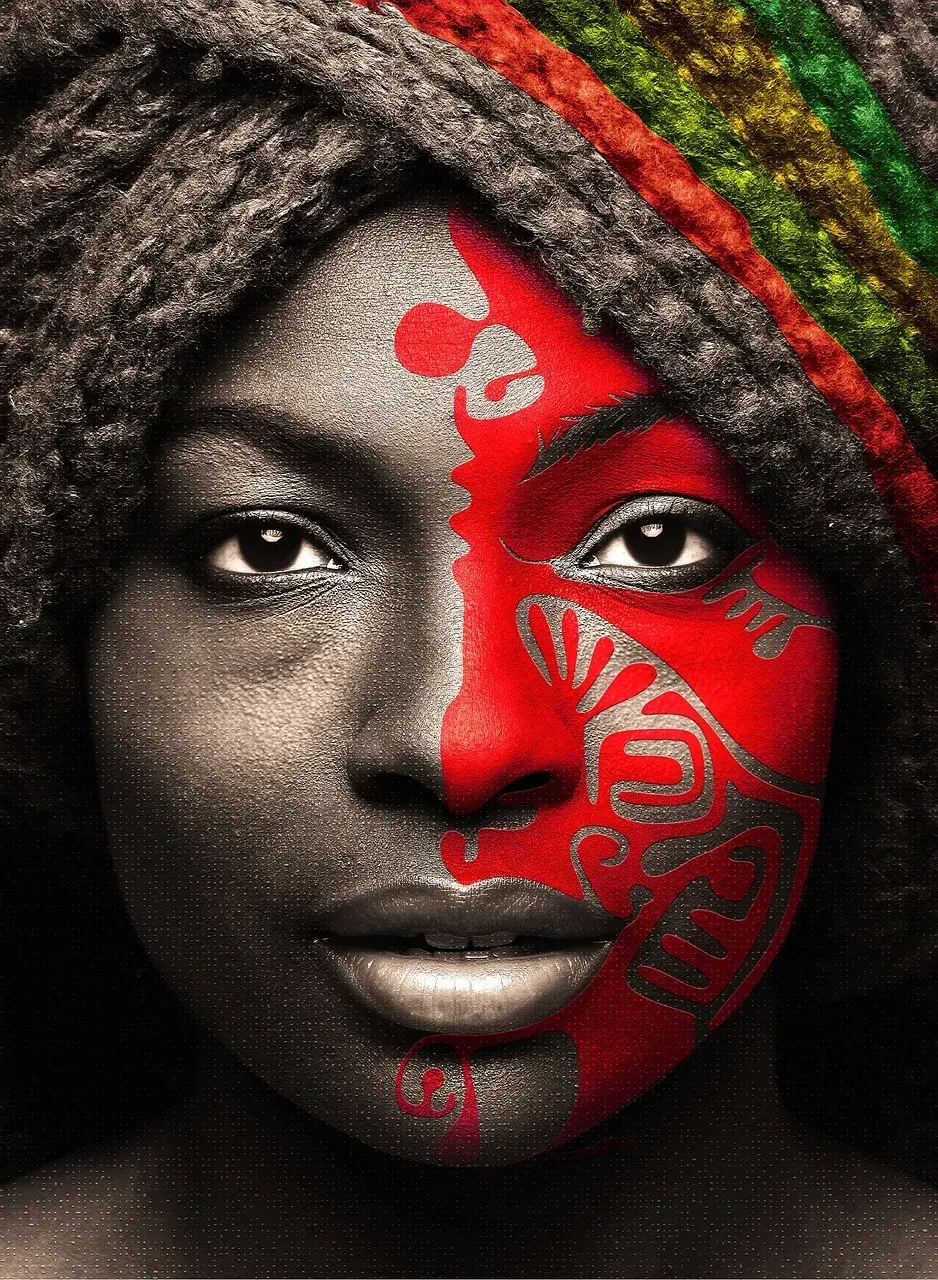Afrofuturism
Afrofuturism is a cultural, artistic, and intellectual movement that combines elements of African culture, the African diaspora, and science fiction to explore a futuristic vision of the Black experience. It emerged in the 1950s and 1960s, primarily in the United States, as a form of resistance and affirmation of Black identity in the face of racial oppression.

Afrofuturism
Afrofuturism
Afrofuturism is a cultural, artistic, and intellectual movement that combines elements of African culture, the African diaspora, and science fiction to explore a futuristic vision of the Black experience. It emerged in the 1950s and 1960s, primarily in the United States, as a form of resistance and affirmation of Black identity in the face of racial oppression.
The term "Afrofuturism" was coined by cultural critic Mark Dery in his essay "Black to the Future" (1993), and since then, it has been used to describe a wide range of artistic expressions, including literature, music, film, visual art, and fashion. Afrofuturist artists imagine alternative and speculative futures in which the Black experience is central and valued.
In the context of Afrofuturism, there is an emphasis on reimagining African history and constructing narratives that challenge racial stereotypes and biases. Artists often blend traditional African elements such as ancestral religions, mythology, and cultural symbols with futuristic, technological, and space-related elements.
Afrofuturism also seeks to explore social, political, and economic issues faced by Black communities, such as racism, inequality, and marginalization. It is a form of empowerment and utopian vision that challenges dominant norms and offers possibilities for a more inclusive, diverse, and equal future.
Some artists and creators associated with Afrofuturism include Sun Ra, Octavia Butler, Janelle Monáe, Jean-Michel Basquiat, Nnedi Okorafor, and many others. The movement continues to evolve and inspire new generations of artists and thinkers, promoting an alternative and transformative vision of the Black experience.
